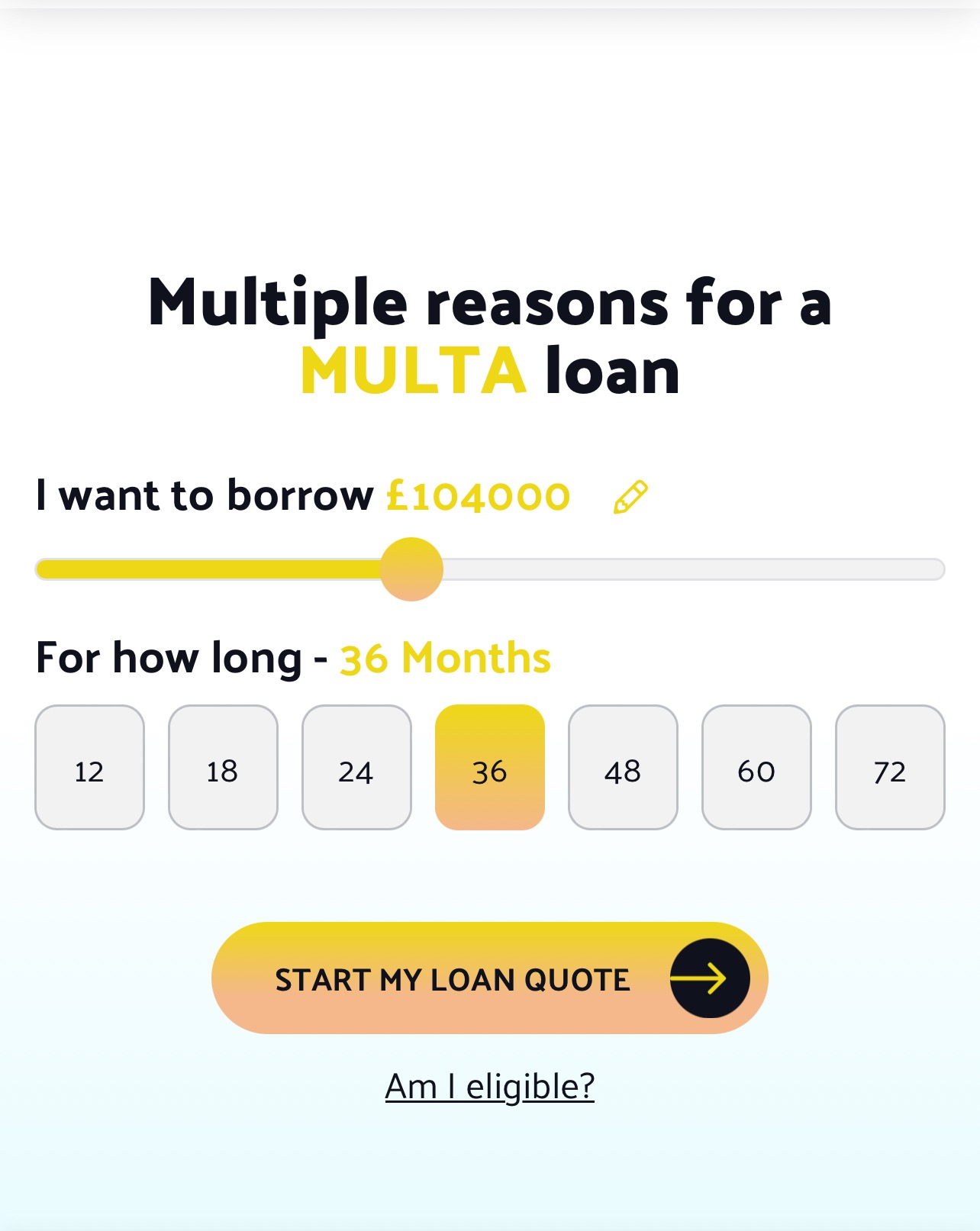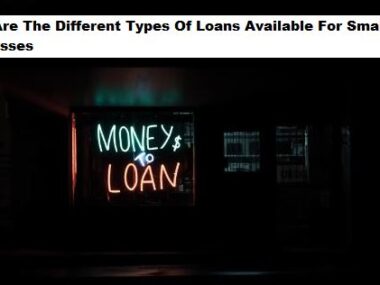For many first-time homebuyers or those with less-than-perfect credit, an FHA loan can be a game changer. FHA loans are backed by the Federal Housing Administration, which makes them less risky for lenders, enabling them to offer loans to borrowers who may not qualify for conventional mortgages. What are the eligibility requirements for an FHA loan? That’s a question many people considering this option ask. Understanding these requirements is key to making an informed decision.
In this article, we’ll break down the specific eligibility criteria for FHA loans. From credit score to debt-to-income ratios, you’ll learn what’s needed to increase your chances of approval. FHA loans are particularly attractive for first-time buyers due to their lower down payments, flexible qualification standards, and lower interest rates compared to other types of loans.
By the end of this guide, you will have a solid understanding of what it takes to qualify for an FHA loan. So, if you’re looking to buy your first home or refinance your existing one, read on to find out what are the eligibility requirements for an FHA loan?
Also, READ
What Documents Are Required To Apply For A Personal Loan?
What Is More Likely To Qualify For An FHA Loan
FHA loans are specifically designed to make homeownership accessible to more people, especially those who may not have perfect credit or substantial savings. Certain groups are more likely to qualify for an FHA loan due to its flexible qualification criteria.
First-Time Homebuyers
First-time homebuyers are among the most likely candidates to qualify for an FHA loan. Since FHA loans have lower down payment requirements and more lenient credit score standards, they provide an excellent opportunity for individuals looking to purchase their first home. Many first-time buyers find it difficult to come up with the typical 20% down payment required for conventional loans, but with an FHA loan, you can often buy a home with as little as 3.5% down. This makes it much easier for first-time buyers to step into homeownership without a huge upfront cost.
Individuals with Less-Than-Perfect Credit
Another group that has a high likelihood of qualifying for an FHA loan is those with less-than-perfect credit. While conventional loans typically require a higher credit score, the FHA has more forgiving standards. Borrowers with a credit score as low as 580 may still be eligible for an FHA loan, making it a good choice for those with credit issues. However, if your score is between 500 and 579, you may still qualify, but you will need to make a larger down payment of 10%.
Those with High Debt-to-Income Ratios
If you have a higher debt-to-income (DTI) ratio, you might think you won’t qualify for a loan at all. But with an FHA loan, the guidelines are more flexible. Lenders who offer FHA loans are more willing to work with higher DTI ratios, especially if other aspects of your financial situation are strong. This allows people who may be struggling with existing debt but have stable incomes to secure a home loan.
What Is The Minimum Requirement For FHA?
To qualify for an FHA loan, there are several minimum requirements that you need to meet. These requirements ensure that you are a suitable borrower for the loan and that you will be able to make the monthly mortgage payments.
Down Payment
One of the major benefits of an FHA loan is the low down payment requirement. Typically, you need a down payment of at least 3.5% of the home’s purchase price. For example, if you’re buying a $200,000 home, you would need a down payment of $7,000. This is significantly lower than conventional loans, which usually require 10% to 20% down.
Credit Score
While FHA loans are more flexible with credit scores than conventional loans, there is still a minimum score requirement. Borrowers need a minimum credit score of 580 to qualify for the 3.5% down payment option. If your score is between 500 and 579, you will need to put down 10% of the purchase price. Having a higher credit score will improve your chances of approval and may help you secure a lower interest rate, but even with less-than-perfect credit, you may still be eligible for an FHA loan.
Employment and Income History
Lenders will want to see a stable employment history before approving an FHA loan. Generally, you’ll need to have been employed at your current job for at least two years. Additionally, your monthly income should be enough to support the mortgage payments. Lenders typically look at your debt-to-income ratio (DTI) to assess your ability to repay the loan. The maximum allowable DTI is usually around 43%, but in some cases, lenders may approve a higher ratio if you have strong compensating factors, such as a significant amount of savings or a high income.
What Is The Debt To Income Ratio For An FHA Loan?
Your debt-to-income ratio (DTI) is one of the most important factors lenders use when determining your ability to repay a loan. The DTI ratio is calculated by dividing your monthly debt payments by your gross monthly income.
FHA Guidelines for DTI
For an FHA loan, the general guideline is that your DTI should not exceed 43%. This means that your total monthly debts, including your mortgage payment, should not account for more than 43% of your gross monthly income. This is a fairly flexible guideline compared to conventional loans, which often require a lower DTI ratio.
How High Can Your DTI Be?
While 43% is the typical maximum, in some cases, FHA lenders may allow a higher DTI if other factors, such as your credit score or savings, are strong. For example, if you have a larger down payment or a history of timely payments on other debts, a lender may approve a DTI higher than 43%. However, most borrowers will need to stay under this threshold to ensure they have enough income to manage their monthly debt obligations.
Why It Matters
Your DTI ratio gives lenders an idea of how much of your income is already going toward existing debt. If you have a high DTI, it may indicate that you are stretched too thin financially, which increases the risk for the lender. Keeping your DTI ratio low increases your chances of being approved for an FHA loan.
What Credit Score For An FHA Loan?

Your credit score plays a crucial role in determining whether you qualify for an FHA loan, and it also affects the terms of the loan. While FHA loans are more forgiving with credit scores compared to conventional loans, there are still certain standards that must be met.
Minimum Credit Score Requirements
The FHA has a minimum credit score requirement of 580 for borrowers to qualify for the 3.5% down payment option. If your score is between 500 and 579, you may still be eligible for an FHA loan, but you’ll need to make a larger down payment of 10%. It’s important to note that even though the FHA allows for lower credit scores, individual lenders may impose their own higher credit score requirements.
Impact of Credit Score on Loan Terms
The higher your credit score, the better the loan terms you are likely to receive. A higher score may not only help you secure the 3.5% down payment option but could also result in a lower interest rate. If your score is closer to 580 or above, you may also be able to secure a larger loan amount, depending on other factors like your income and DTI ratio.
Improving Your Credit Score
If your credit score is on the lower end, it might be worth working on improving it before applying for an FHA loan. Small changes, like paying down credit card balances, disputing any errors on your credit report, or making timely payments, can make a significant difference in your approval chances and loan terms.
Who Has The Best FHA Loans?
While the FHA sets the rules for its loans, various lenders offer FHA loans with different terms and interest rates. To find the best FHA loan for you, it’s important to compare offers from multiple lenders.
Comparing Lenders
When shopping for an FHA loan, compare the interest rates, fees, and loan terms offered by different lenders. Some lenders may have better customer service, quicker processing times, or lower fees. The best lender for you will depend on your individual needs and preferences.
Online Lenders and Banks
Many online lenders, credit unions, and traditional banks offer FHA loans. Online lenders are often more flexible and may offer lower interest rates. However, traditional banks may have more personalized service, which some borrowers may prefer. It’s a good idea to shop around and compare different offers to ensure you’re getting the best deal.
Government vs. Private Lenders
FHA loans are government-backed, but they are offered by approved private lenders. Make sure the lender you choose is approved by the FHA to issue FHA loans. An FHA-approved lender will be familiar with the FHA guidelines and can walk you through the process more efficiently.
What Is The Most Common Type Of FHA Loan?
The most common type of FHA loan is the 203(b) loan, which is designed for the purchase or refinance of a primary residence. This loan offers a low down payment and flexible credit requirements, making it ideal for first-time homebuyers.
203(b) Loan
The 203(b) loan is the standard FHA loan, and it’s used to buy or refinance single-family homes. Borrowers can purchase homes with as little as 3.5% down, and the loan is available for both fixed-rate and adjustable-rate mortgages.
Other Types of FHA Loans
In addition to the 203(b) loan, the FHA offers other types of loans, including the 203(k) loan (for home renovations) and the Energy Efficient Mortgage (EEM), which helps buyers finance energy-efficient home improvements. However, the 203(b) is by far the most common and widely used FHA loan.
Conclusion
When asking what are the eligibility requirements for an FHA loan? it’s clear that this loan program offers flexible criteria compared to traditional loans. Whether you’re a first-time homebuyer with a less-than-perfect credit score or someone with a higher debt-to-income ratio, the FHA loan may be the perfect solution. By understanding the minimum requirements, credit score needed, and the types of FHA loans available, you can better prepare yourself for the home buying process.






